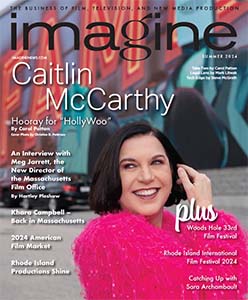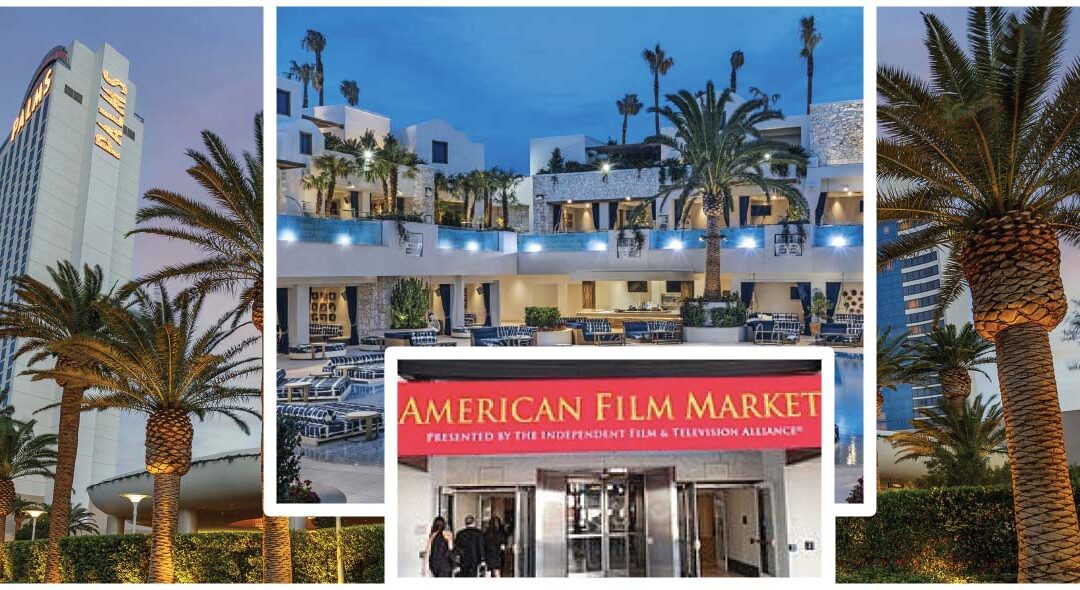
Aug 20, 2024 | Imagine News
Exhibitors Show Strong Early Support For Inaugural 2024 Las Vegas Event The American Film Market® (AFM®) has announced the current lineup of participating Exhibitors for its upcoming 45th edition, scheduled for November 5-10, 2024. This year marks a significant...
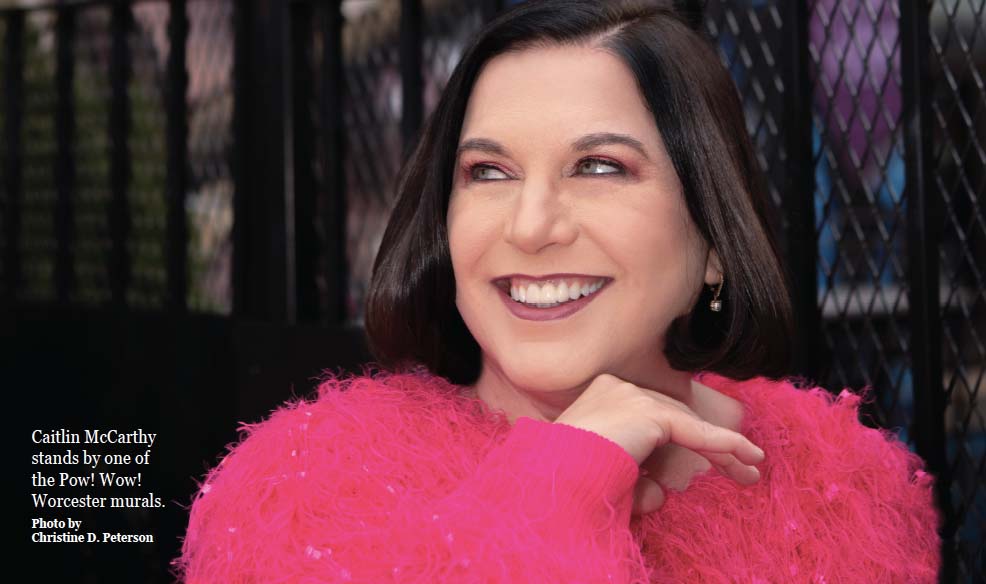
Jul 22, 2024 | Imagine News
Caitlin McCarthy writes feature screenplays, one-hour teleplays, and screenplay adaptations. Her stories tackle political and social issues with a wink, blending humor with heartbreak while always staying focused on action. McCarthy’s Notable projects include:...
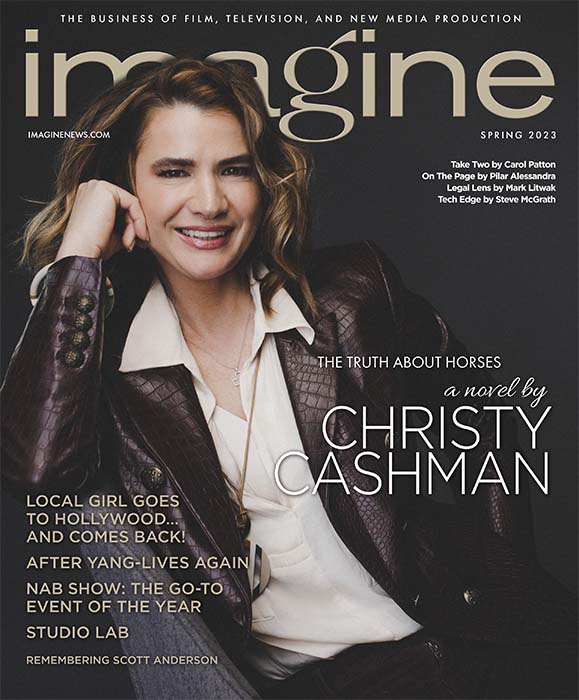
Apr 12, 2023 | Imagine News
Christy Cashman grew up the ninth of ten children, and her earliest memories involve riding bareback behind her sister on Shirley, their pony. “I was about three, and we’d go out in a group and ride on the trails and sometimes down the highway, but no saddles or...
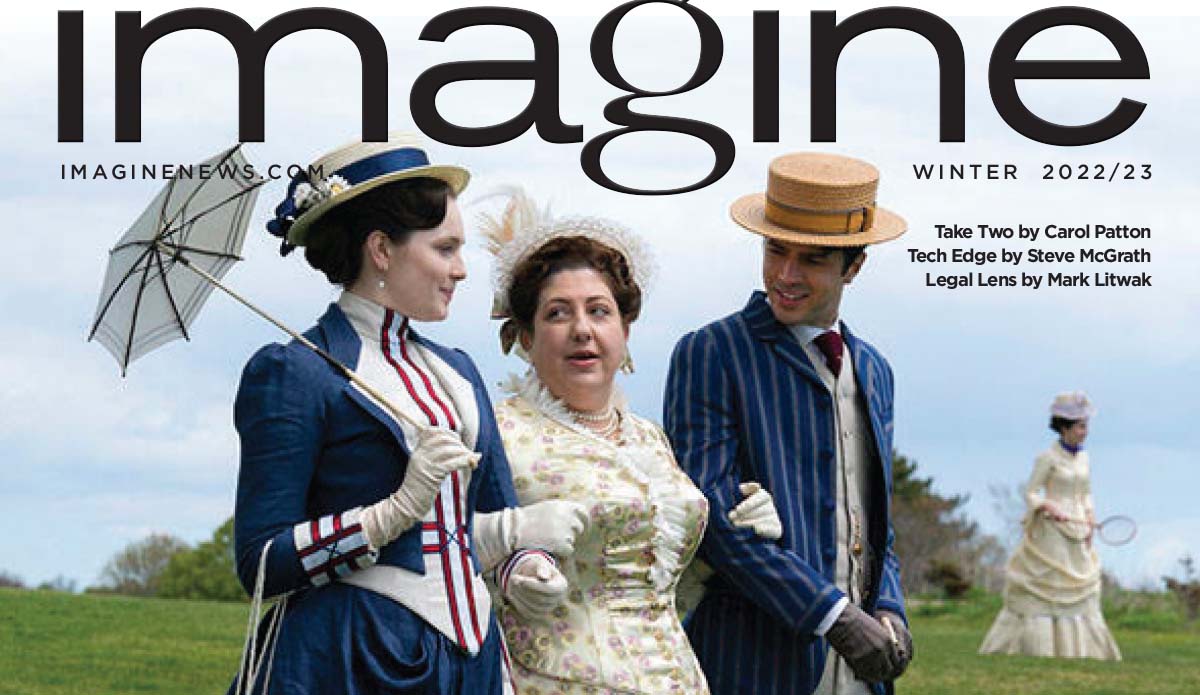
Jan 9, 2023 | Imagine News
Bringing The Gilded Age to Rhode Island has been a decade-long effort of Steven Feinberg, the Executive Director of the Rhode Island Film & TV Office. In IMAGINE’s first issue of 2023, you can read his story, which we have been following, but we had no idea where...
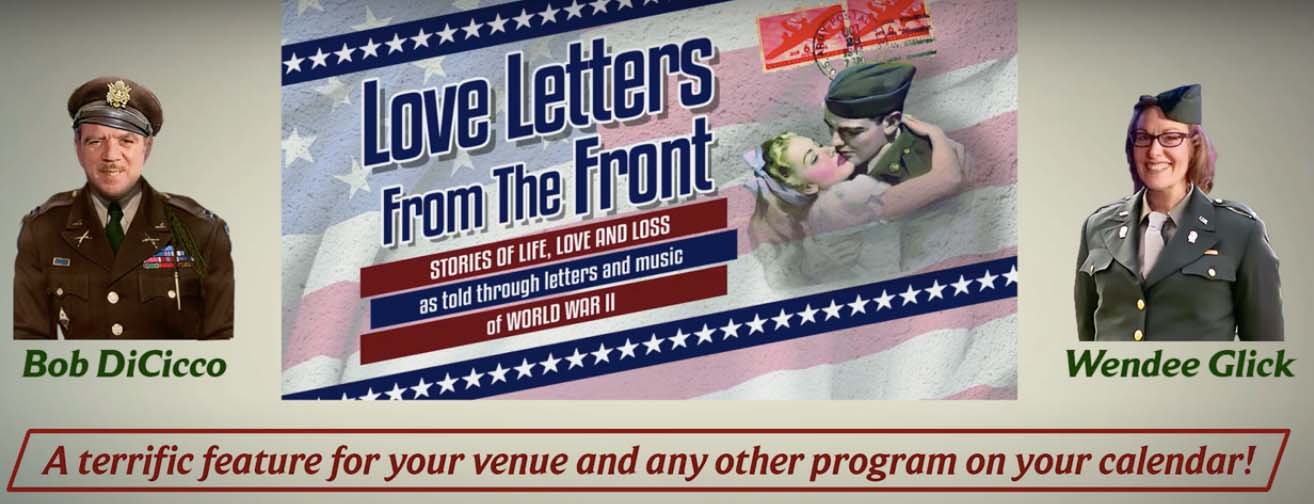
Oct 14, 2022 | Events, Imagine News, Spotlight
A live musical presentation from Robert DiCicco Here’s a great live entertainment opportunity. If you, your organization, or someone you know is looking for live entertainment you’ll want to know about “Love Letters from the Front”. The show was conceived back in 2017...
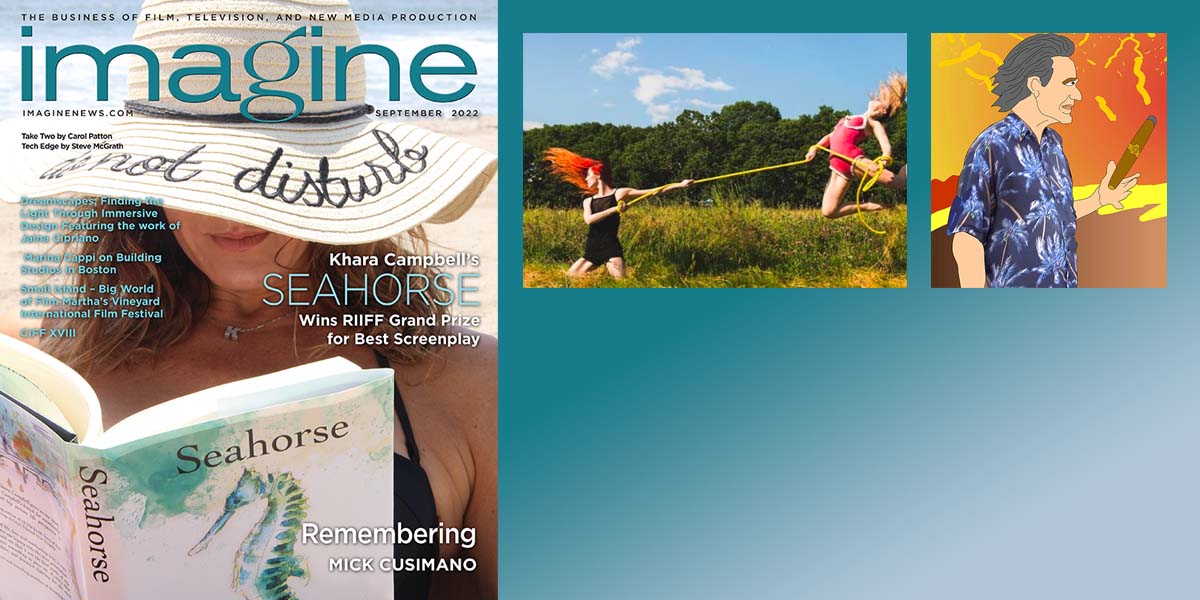
Sep 10, 2022 | Imagine News
Khara Campbell won the Grand Prize for Screenplay at the Rhode Island International Film Festival for SEAHORSE. I got to meet her at the RIIFF Film Forum sponsored by the Rhode Island Film Festival and hosted by its Executive Director Steven Feinberg. I knew our...








